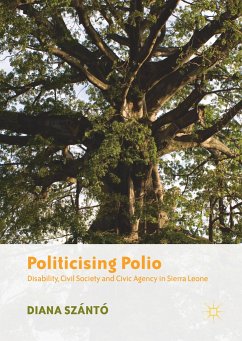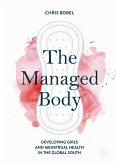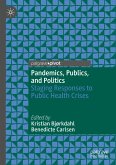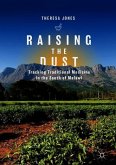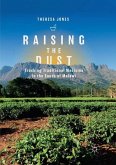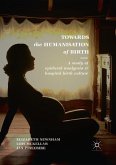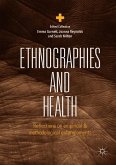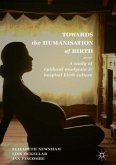This book examines disability in post-war Sierra Leone. Its protagonists are polio-disabled people living in the nation's capital of Freetown, organizing themselves as best as they can in a state without welfare. There is little concrete support for people with disabilities in a country where the government is struggling with the competing requirements of the international community, demanding - in exchange for its support - good standards of democracy and the maintenance of a free market economy. To what extent is the Human Rights framework of the disability movement effective in protecting the polio-disabled and what are the limitations of this framework? Diana Szántó's detailed ethnography reveals, through many real-life examples, the vulnerability of disabled people living in the intersections of poverty, informality and disability activism. At the same time, it also tells about the many ways the polio-disabled community is transforming vulnerability into strength.
Bitte wählen Sie Ihr Anliegen aus.
Rechnungen
Retourenschein anfordern
Bestellstatus
Storno

